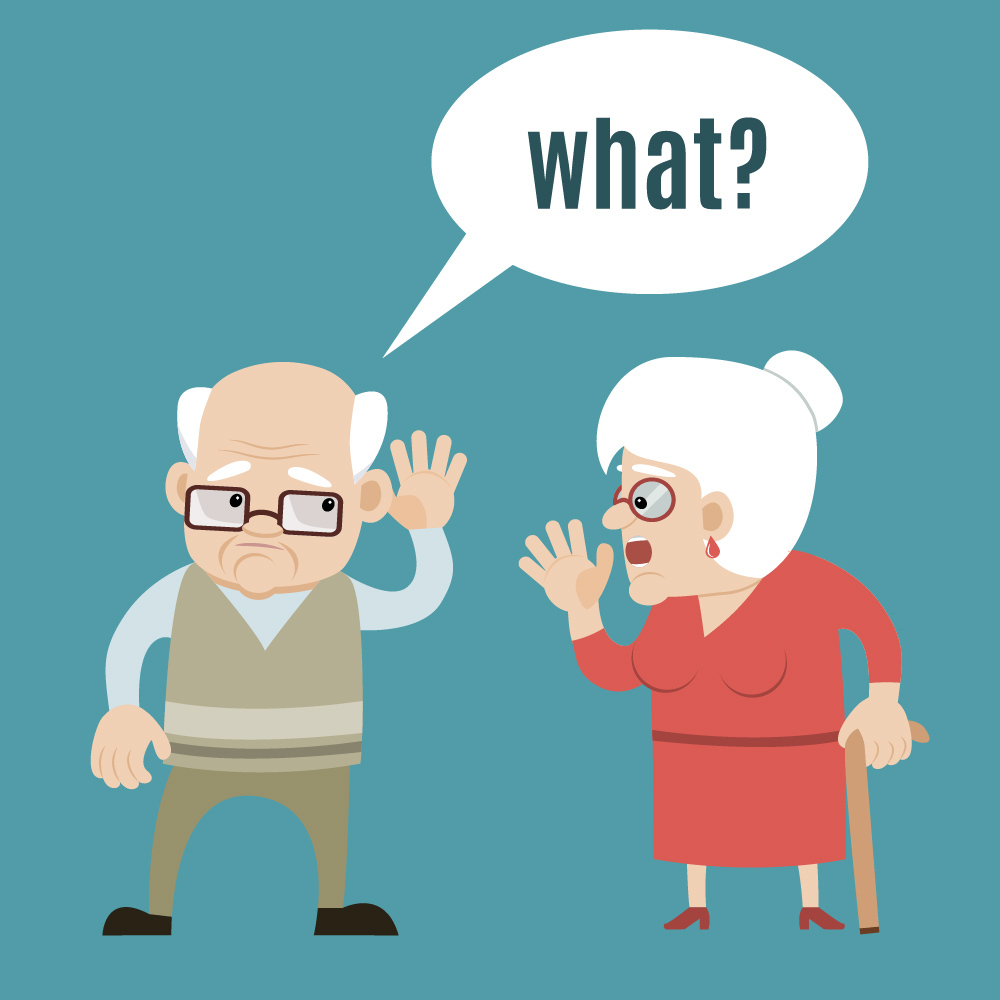
We all understand how joyful it’s to be heard but very less folks understand how painful it’s to lose hearing. Hellen Keller expresses a deaf-blind, political activists and disability rights advocate says blindness separates us from things but deafness separates us from people! One can afford to lose things but not the people around them. In most cases deafness is seen after 6th decade of life called as presbycusis, sometimes prior it and in childhood too which is more painful than the sooner. Hearing-impaired children not only lose ability to listen to but also an influence ability of speaking and straightforward expression of feelings. Deafness significantly affects the physical, emotional and social wellbeing of a person.
Signs and symptoms of hearing impairmentMost common symptom of hearing loss is asking for repetition and difficulty in understanding speech, especially in Noisy Situation. Often, we would have seen individuals with hearing impairment finding it difficult to follow the speech when there are more than 2 speakers in the conversation, they often complaint that despite hearing most of the sounds they fail to know what's being spoken.
Depending upon the location of pathologies, difficulty in hearing is going to be reflected as a distinct symptom. In general, there are 4 common sorts of hearing disorder.
External and middle ear pathologies cause conductive deafness and pathologies of cochlea causes sensorineural deafness. This is usually reflected as hard of hearing or reduced hearing sensitivity. Sometimes problems can even be seen in cochlea vestibular nerve and at higher processing levels in neural pathway connecting cochlea and brain; they're often reflected as difficulties in understanding speech despite having near normal abilities to sense mere presence or absence of sounds. This difficulty also can be seen together with deafness which further increases the difficulties faced by an impaired individual. Hearing loss can range from minimal levels to profound degree severity. More the severe hearing impairment is more are the issues faced by impaired individual.
Managing and overcoming from hearing disorderIt includes different approaches depending upon the kind and severity of hearing disorder. Most frequently conductive and mixed hearing disorders are treated first by medications or surgery in initial phase. Most of all sensorineural hearing Loss requires rehabilitation using amplification devices (hearing aids) except within the case of sudden sensorineural hearing impairment which needs immediate medical attention.
Hearing aids are often recommended when no medication or other procedures cab is any helpful in ameliorating the hearing difficulties. One must consult an audiologist to induce thoroughly diagnosed and for selection of an appropriate hearing aid.
How to prevent Hearing LossAs proverb says prevention is better than cure, managing with hearing impairment is simply too tedious than preventing the identical. The subsequent steps might facilitate your to mitigate the potential noise induced and age-related loss of hearing.